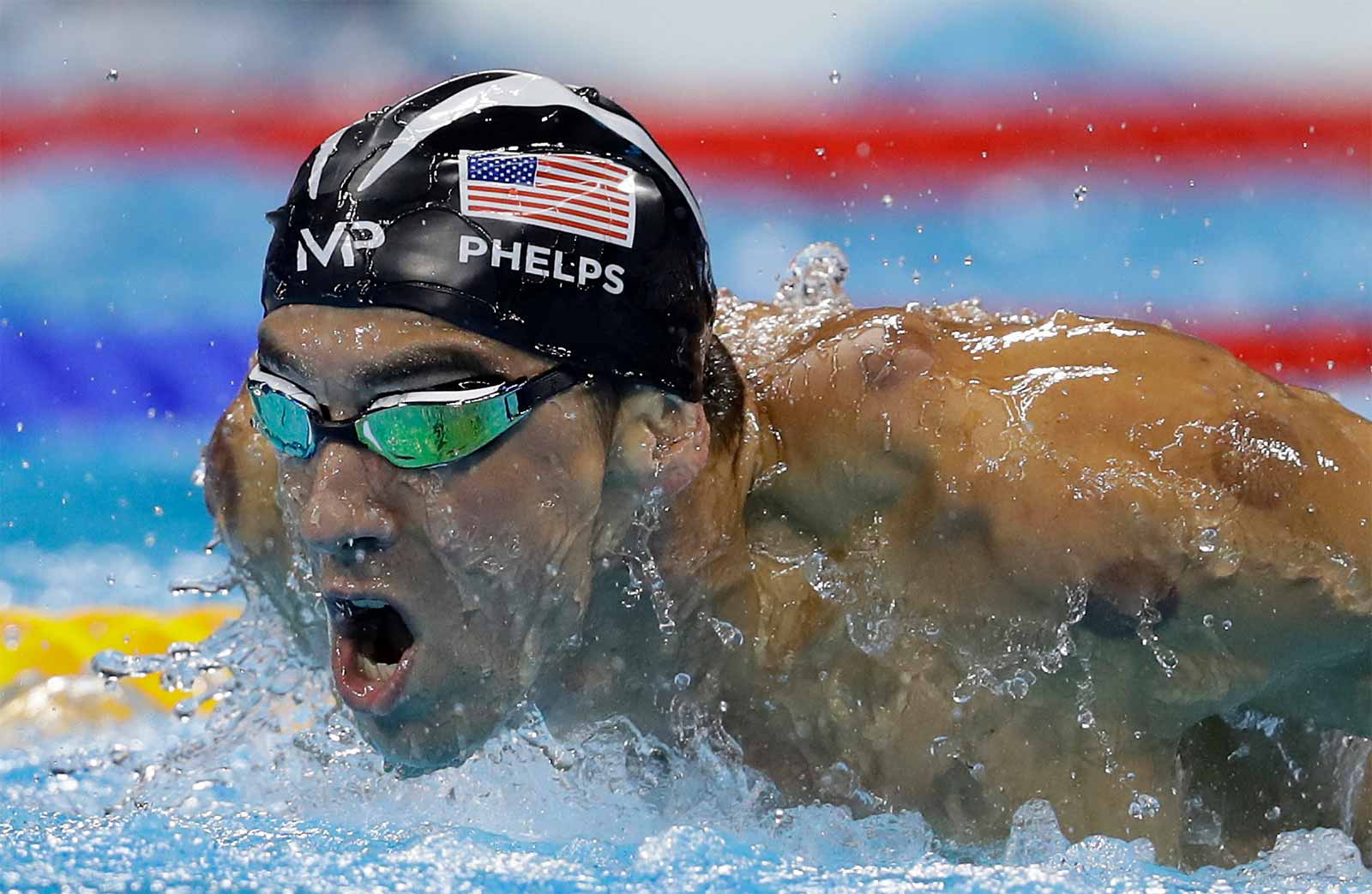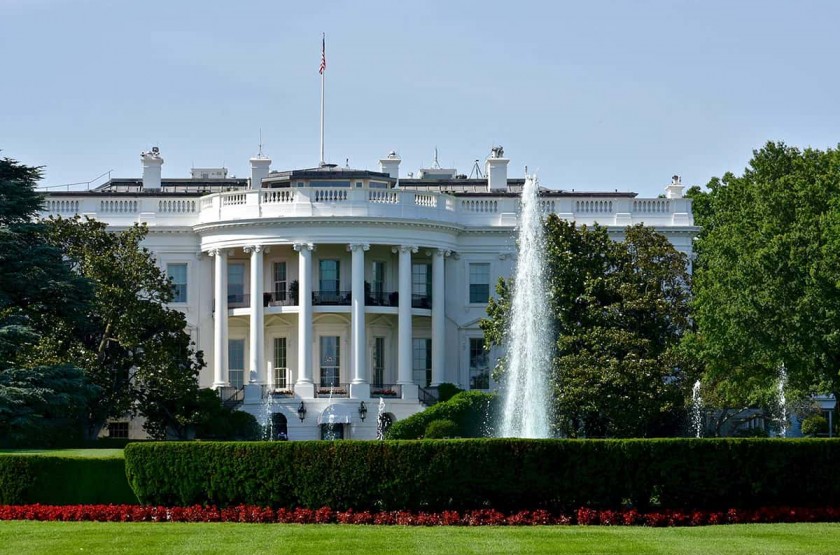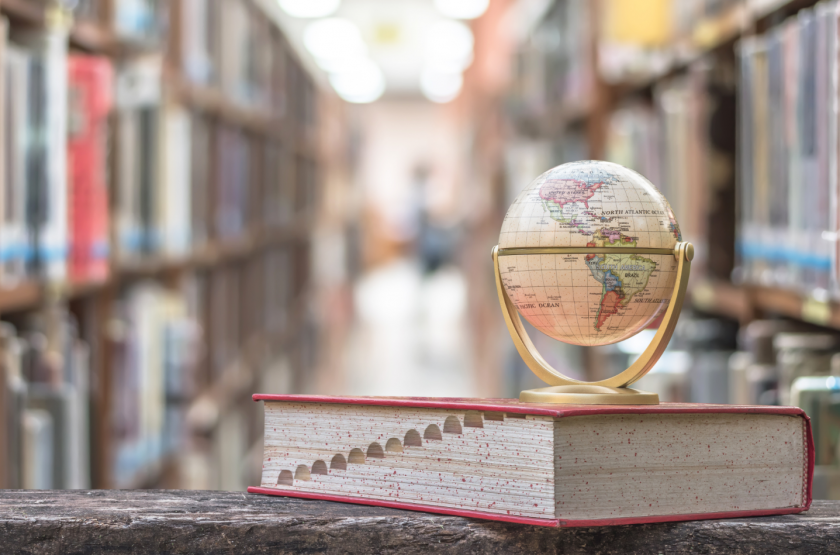- Carl Yao
- August 11, 2016
- 5,086 views

A few years ago, I had the opportunity to meet an American business man in a chic cocktail event at the then newly established Capital M restaurant in downtown Beijing. After some initial greetings, I was quickly shocked to learn how good his Chinese was. Unlike many ABCs (American-born Chinese) who grow up in the U.S. and speak perfect English, he was a Caucasian American who spoke perfect Chinese. The whole experience felt surreal, which is why I remember it vividly to this day.
I later learned that the gentleman I met was one of no more than ten Americans that had been born in China and grew up there during the Cultural Revolution.
As we continued our conversation, we invariably touched on the topic about his exceptional Chinese language skills. I mentioned that his Chinese was much better than that of Dashan, a very well-known Canadian who regularly appeared on Chinese national TVs because of his exceptionkal Chinese language skills. He then laughed, saying it was unfair to compare him with Dashan, because Dashan had worked so hard to acquire his Chinese language skills, whereas his was given to him by virtue of simply growing up in China.
Recent studies have found that young children have special brain cells that are highly conducive to language learning. However, the human brain goes through a pruning process at about age 14 to get rid of language cells it deems no longer needed and replaces them with analytical cells. This is why it’s incredibly likely for a child to become bilingual, trilingual or even multilingual if they are exposed to different languages at a young age. Unfortunately, for anyone who wants to study another language after age 14, it will be next to impossible to sound like a native speaker.
This innate ability afforded to us by birth versus that which is acquired through sheer work made me think about the current Olympic competitions, swimming in particular, and the inequality certain athletes face despite training all their lives for this one event. It dawned on me that the best swimmers are usually very tall with long limbs and large feet and hands, which serve as natural fins. I swam during my high school and college years, and I knew from personal experience what a big difference a pair of fins made in terms of speed. I finally understood why Michael Phelps (6’4”) and China’s Sun Yang (6’6”) had won so many of these competitions; their extended body frames gives them a huge advantage over other athletes.
I began wondering, shouldn’t the International Olympic Organizing Committee organize swimming competitions into different height classifications, just as weightlifting and boxing distinguish athletes by body size. For one thing, this would create more competition and make the games more interesting to watch. Most importantly, it would give all athletes a fairer chance to win gold.
I happen to know an Asian American couple who decided early on to push their toddler daughter towards competitive swimming. I was very impressed that the parents would effectively sacrifice all their free time to making sure their young daughter got her daily swim trainings and weekend competitions, 365 days a year. Unfortunately for my friends, their little girl (now seventeen) does not have an exceptionally tall body frame. Although she could shame most male athletes with her speed in the water, she is only of average height, and thus she will never get a chance to compete in the Olympics. It means that even if she put in more training than taller swimmers, she most likely would never be able to earn her spot to compete in the Olympics.
From my original thought about language to the natural physical endowments that certain people are born with as athletes, I realized that we need some way to make the chance to compete in the Olympics more of an equal opportunity.
Just as we don’t compare native speakers of Chinese to speakers who later studied Chinese, we shouldn’t put two dissimilarly-sized swimmers together in the same race. It makes sense to differentiate swimmers by their height and limb-length, so we can more fairly reward athletes who work harder while also recognizing those that have been gifted with natural abilities as well. This way, we’ll come closer to organizing better and fairer sports competitions, which is especially crucial for the Olympics to address as the most internationally-renowned sporting event in the world.











